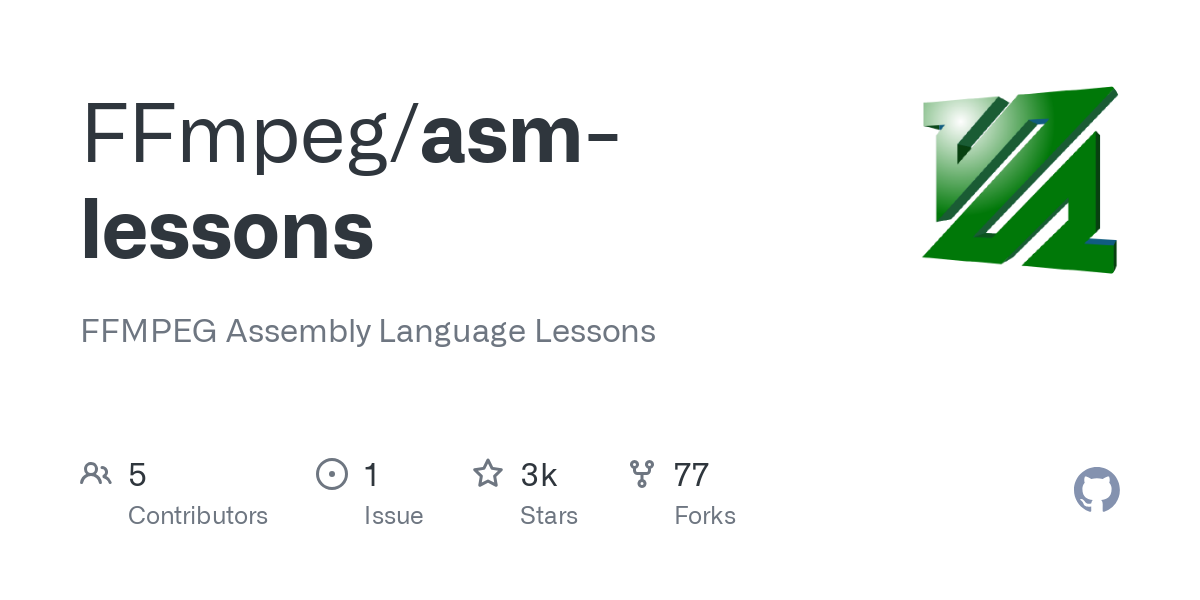- 52 Posts
- 482 Comments

 17·9 months ago
17·9 months agoYou had cassettes? We had to manually transcribe machine code from printed listings.
Long ago, I solved all of the ways in which PHP made me sad…
…by abandoning it.
Nowadays we have better languages that can do the job at least as well.

 3·9 months ago
3·9 months agoBreath of the Wild: Beautiful. Mysterious. Inspired.
Tears of the Kingdom. Big. Shallow. Boring.
I found the first dozen or two hours of TotK exciting, as I encountered new mechanics and a darker side of Hyrule. But it wasn’t long before the new and exciting became endless expanses of copy/paste encounters and terrain, forgettable characters, and annoying enemies. Nothing felt clever or interesting. I lost interest in exploring, and wandered away from the game.
Then I went back to the first game for another run.
Do these accept cash, or only ATM cards? (The latter would link your transaction to your bank account, of course.)
What do they give? A printout of a wallet address?

 5·9 months ago
5·9 months agoTheir summary of Dodo doesn’t include a link, and a web search finds a seemingly unrelated webmail service. This looks like the right project:

 1·9 months ago
1·9 months agoGlad you got it working!
BTW, in case you’re not aware of it, you might find the
shellcheckcommand useful when writing scripts.

 2·9 months ago
2·9 months agoI can’t tell from that error message whether the inner quotes are being discarded when the command is run, or just hidden when the error message is displayed.
Too bad it doesn’t tell you what part of the command is causing the syntax error. Have you checked for more info in the output of
journalctl --boot _UID=1000? (Assuming your user id is 1000 and you use systemd.)Re-reading the spec page that I linked above, I see reference to both a general escape rule and a quoting rule. That could be complicating things with the quotes and backslashes, and maybe even the dollar signs and semicolons, which apparently are reserved. In case it helps, I don’t think those semicolons are needed at all.
Before diving deeper into escaping rules, though, I would consider whether it’s time to move the whole command line into a script, and simply pass
%fto the script in yourExec=line. That would avoid the need for nested escaping/quoting, and allow you to write debug information to a temporary file when the script runs.

 2·9 months ago
2·9 months agoYou’re using single quotes in your Exec lines, which is not legal .desktop file syntax.
I suggest replacing your single quotes with double quotes, and replacing your double quotes with backslash-escaped double quotes.

 20·9 months ago
20·9 months agoFor anyone reading this who is unfamiliar with Debian’s release process, the Testing distribution is not a release. Rather, it is a holding area for packages that may eventually become part of a release.
Some people choose to run it instead of Debian Stable in order to get more recent non-security updates to packages, with the understanding that occasional breakage is normal for Testing.
https://wiki.debian.org/DebianUnstable#What_are_some_best_practices_for_testing.2Fsid_users.3F

 124·9 months ago
124·9 months agoThe right answer is definitely not landfill.
Most people use their computers to run a web browser, maybe a word processor or media player, and… not much else. Even someone who has only used Windows can figure out those basics on a Linux desktop.
If the charities are unable/unwilling to provide support for Linux, they could give computers away on Craigslist before dumping more e-waste into our environment.
As someone who runs multiple desktop sessions at once, each on a different virtual console, sddm is a continual pain in my workflow. Notably:
- It assigns desktop sessions to virtual consoles inconsistently, and has no way to manually configure them, so Control+Alt+FN often switches to a session that’s not the one I wanted. The assignments can change from day to day or any time a session logs out and back in. This makes using multiple desktops a constant pain.
- I don’t know for sure, but I suspect it is behind the graphical glitch that makes the desktop session unlock screen draw incredibly slowly on KDE 5. Having to wait several seconds for each character in my passphrase to register is an annoying waste of time.

 10·9 months ago
10·9 months agoI expect MatrixRTC will be capable of screen sharing if it isn’t already, so this is probably just a matter of time, so long as Matrix gets the sponsors they need to continue their work.

 2·9 months ago
2·9 months agoI don’t find it surprising at all. Lots of software bugs remain hidden until some circumstance triggers them. Different hardware, different levels of system load, different filesystems… all sorts of things can make a difference.
For what it’s worth, I was using packaged builds on Ubuntu, Ubuntu Studio, and Debian.
Glad you’ve been lucky. :)

 2·9 months ago
2·9 months agoI’ve tried it several times over the years, but was disappointed every time to find that it was very crashy. I hope they get that sorted out.

 2·9 months ago
2·9 months agoI would be satisfied with people not making wild, misleading, insulting claims about others in the first place.
I wonder why you’re so intent on arguing in support of that behavior.

 1·9 months ago
1·9 months agoI don’t know if any of what you claim is true, since I haven’t followed those discussions. However, even if true, none of it would mean they are anti-LGBT.
















Qt is still the only excellent cross-platform desktop GUI framework.
It’s a pity that its current custodian’s commercial licenses:
This situation makes me afraid to use their commercial offerings, which in turn means they won’t get any money from me at all; I feel that I can safely use their libs only in open-source code. Their business model is their decision, of course, but I can’t help wondering if their whale-hunting approach actually nets them more money than a more accessible, lower-cost, one-time (or one-major-version) license option would. In many other industries, high sales volume reaps more profits than high price.
Thank goodness for the KDE Free Qt Foundation.